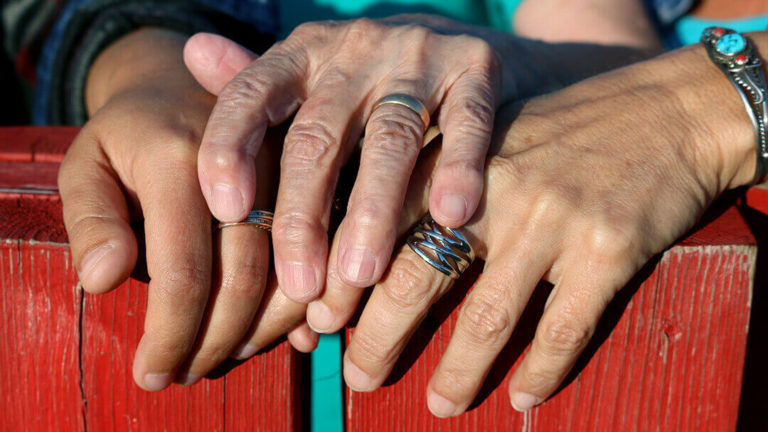Medi-Cal, otherwise known as California’s Medicaid program, offers financial assistance programs for California residents in need of long-term health care coverage. Older adults who qualify for Medi-Cal coverage are eligible to receive health care benefits in a variety of forms – long-term care included.
Finding the Right Kind of Care
The costs and logistics of senior care are concerns for many families. Medi-Cal programs provide funding for seniors to receive long-term care at home and in nursing homes.
Most people prefer to live in their own home. While nursing home care may be a medical necessity for some, for others daily care is non-medical in nature. When older adults have a demonstrated need for daily living assistance and other types of long-term care, nursing homes are not the only option. Nursing home costs can be prohibitive, and unrealistic for a considerable number of eligible nursing care recipients.
Home Care Can Be Affordable
Home care is typically less expensive than nursing home care. When provided by a qualified caregiver, home care can be given at the same high standard found in an assisted living facility. Medi-Cal programs provide compensated health care services to qualifying beneficiaries, even in their homes. Each senior’s needs are different, and the programs are tailored to the needs of the individual beneficiary.
California residents of varying income levels can be eligible to receive financial assistance through a Medi-Cal program. Medi-Cal Benefits helps seniors and their families learn how to qualify and apply for medical and non-medical health care coverage.
Compensation for Non-Medical Care
Non-medical daily home care for seniors can involve many different kinds of caregiving. Medi-Cal’s In-Home Supportive Services (IHSS) program provides compensation for non-medical home care. Non-medical care can include bathing and bathroom assistance, meal preparation, housekeeping, laundry, grocery shopping, and transportation to medical appointments. Traditional nursing is far from the only type of long-term care needed by otherwise healthy seniors.
Where to Start
1on1 Eldercare can help seniors and their families navigate California’s Medicaid system to find and secure affordable long-term care. Learn about qualifying and registering to become a Medi-Cal beneficiary by contacting on our advisors.
View More from the 11 Ways to Pay for Long-Term Care Series:
11 Ways to Pay for Long-Term Care: #11 Medicaid Planning
11 Ways to Pay for Long-Term Care: #10 Charitable Remainder & Medicaid Disability Trust
11 Ways to Pay for Long-Term Care: #9 Viatical or Life Settlement
11 Ways to Pay for Long-Term Care: #8 Leveraging the Cash Value of Life Insurance
11 Ways to Pay for Long-Term Care: #7 Family Friends & Service Clubs
11 Ways to Pay for Long-Term Care: #6 Children of the Parents
11 Ways to Pay for Long-Term Care: #5 Tax Deductions
11 Ways to Pay for Long-Term Care: #4 Jumbo Reverse Mortgage
11 Ways to Pay for Long-Term Care: #3 HELOC
11 Ways to Pay for Long-Term Care: #2 Reverse Mortgage
11 Ways to Pay for Long-Term Care: #1 Long-Term Care Insurance




